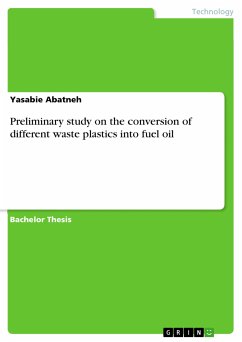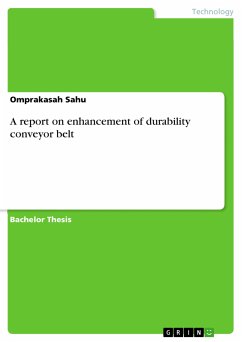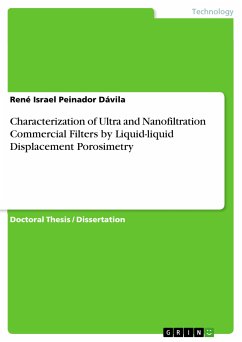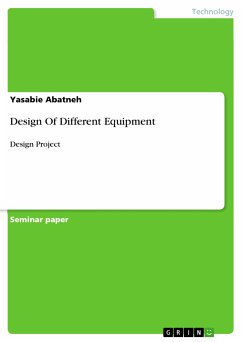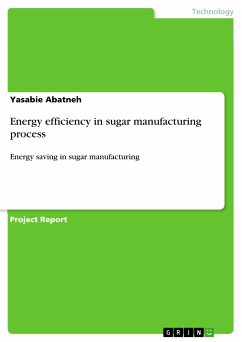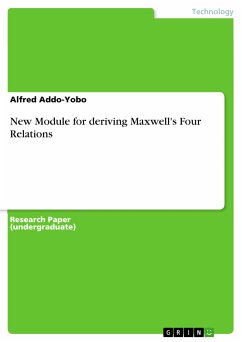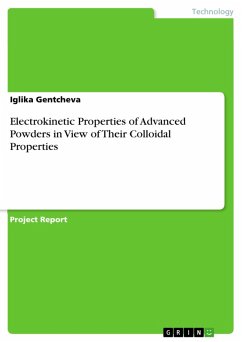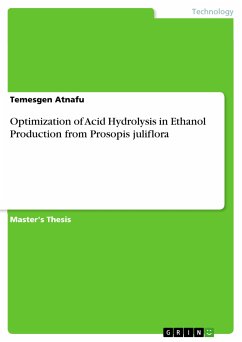Bachelor Thesis from the year 2012 in the subject Engineering - Chemical Engineering, Wollo University (Kombolcha Institute Of Technology), course: Chemical Engineering , language: English, abstract: Abstract: The objective of the work is the conversion of waste plastics into fuel oil. Plastic wastes such as, polypropylene, low density polyethylene, high density polyethylene, polystyrene are the most frequently used in everyday activities and disposed of to the environment after service. Plastic are those substances which can take long periods of time to decompose if disposed off simply to the environment. Therefore, waste plastic should be changed into usable resources. The different waste plastics were thermally cracked at different temperature and then it was tried to measure the oil produced, the residue left after the reaction is completed, and the gas produced. Then it is compared that which types of plastics can yield higher amount of oil. There are a number of methods by which plastic wastes can be managed such as incineration, recycling, land filling, and thermal cracking. But this work focuses on thermal cracking of waste plastic to change them into usable resources, because in this method the emission of hazardous gases to the environment insignificant. This means we can change all the waste in to useful resources. Keywords: liquid oil, thermal cracking, and waste management system
Dieser Download kann aus rechtlichen Gründen nur mit Rechnungsadresse in A, B, BG, CY, CZ, D, DK, EW, E, FIN, F, GR, HR, H, IRL, I, LT, L, LR, M, NL, PL, P, R, S, SLO, SK ausgeliefert werden.

